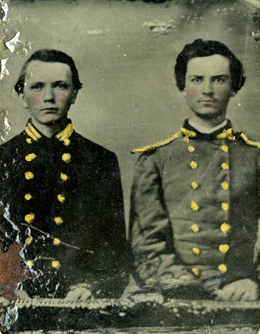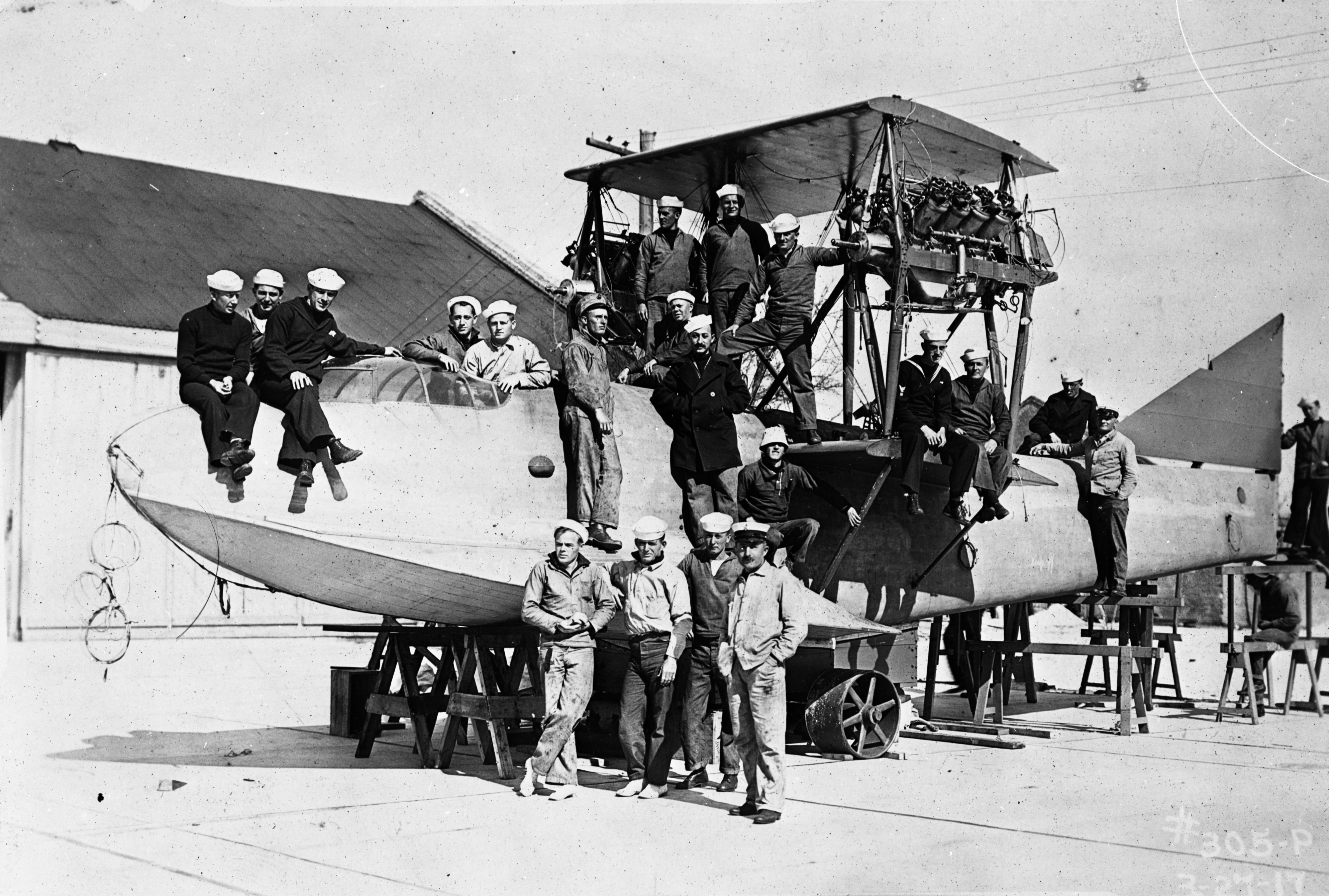Florida in the Civil War
Documents
From the Yearbook Pages of a College Freshman
(From: Blackshear, Pittman, White, Dickens and Drew Families Papers, Collection M2005-9)
John D. Pittman’s first year of college was unusually dramatic. Traveling from his home in Marianna, Florida, to begin classes at the University of Virginia, Pittman arrived in Charlottesville in October 1860. A month later, Abraham Lincoln was elected president, and on December 20, South Carolina seceded.
By the end of the school year in April 1861, the Civil War had begun and the home state of Pittman’s university, Virginia, had left the Union. Like other American college students before and since, Pittman asked his classmates to sign his yearbook.
Interspersed with the usual expressions of good luck and best wishes, some of the students wrote with expectation and apprehension about the recently opened war with the North.
"I Reckon We Will Have to Quit This University — Take Muskets and Go to Fighting!"

Much of the text of Pittman’s letter of November 6, 1860, is missing. The following transcription comes from the second, third, and fourth pages:
. . . but I assure you my expenses here this year will necessarily be great. I have bought a few things only, that I could have got along without. My expenses next year will be two hundred dollars less than they are this year. I will have 44 dollars to pay on my board the 1st of January, and 44 on the first of April. You can send me a hundred dollars about Christmas to pay my board for the whole year, or you can send 44 dollars to pay three months board. You can do what is [missing]
Today is election day, and I reckon Lincoln will be elected. If he is, I reckon we will have to quit this University — take muskets and go to fighting! I hope this will not be. We will know tomorrow whether Lincoln is elected, for if he carries the State of New York he will be the next president. Give my love to Aunts Caty and Peggy, and also to Sister Annie. Did Mary B. come back with you? If she did, tell her to write to me.
Write soon and tell me how you get along.
"A Good Cause Calls You"

Dear Pittman.
My associations with you both as a Student and a friend, make me feel sad at your Departure. A good cause calls you: may you bear it boldly. Let your motto be — “take yer fote off of mi nek.” — and “never flicker”; but mind that you do not get in “the lion’s den.” Such Pittman would be a calamitous thing. Always stand to that tri-striped rag, called the Sou. Con. Flag. Do not let your epaulets make you forget the Happy hours of jollity and fun which have relieved the monotony of our college life. . . .
Yours in the bonds of the E.X.
Harry St. John Dixon
Washington Co.
Mississippi
C. S. of A.
U. of V.
Apr 19th 1861.
"I’m Sorry That We Must Separate"

Dear Pitt-;
I’m sorry that we must separate. But it is right & necessary that we should. Literary pursuits must, for a while, be abandoned; so that we may learn the tactics of military & be prepared to meet & repel the enemy, who have sworn that we shall no longer be freemen!!
Wherever your lot may be cast, Pittman, I beg you to remember that you have the best wishes of
Your friend & roommate.
Charles M. Richards
Moro,
Monroe Co.
Arkansas
U. of Va.
April 19th,
1861
"Troublesome Times...Threaten the Destruction of Our Own Dear Country"

Dear Pittman:
We are about to separate; each one going forth to try the realities of his future life, which at the present time presents a gloomy picture. Although you have begun your college course amid troublesome times, such as threaten the destruction of our own dear country, still may you live to honor the University by learning and justly acquired fame. May our associations often be renewed on earth and our friendship forever united in the Spirit Land.
Yours Truly
W. T. Davis
Lenoir Co.
NC
University April 21st
1861
"May You Ever Lead a Life Distinguished for Noble Deeds"

Dear Pittman
My earnest wish is for your happiness and prosperity, and may you ever lead a life distinguished for noble deeds, and true greatness, and may you ever be an earnest supporter of the glorious “Southern Confederacy.”
Truly your friend & fellow student
E. Pendleton Major
C.S.A.
University of Virginia
April 19th 1861
Unfortunately, fate did not allow John Pittman to avoid “the lion’s den.” He journeyed home to Florida, enlisted in Marianna, and served in Company E of the 8th Florida Infantry Regiment. On August 31, 1862, he was killed in the Battle of Second Manassas (Second Bull Run). He was 22 years old.
Pittman was one of some 5,000 Floridians who died serving the Confederacy during the Civil War (a total of 15,000 Floridians fought for the Confederate States). Many others died fighting for the Union. In addition to military deaths, civilian Floridians (both black and white) died from illness, lack of food, and as a result of military action within the state. Although the smallest in terms of population of any of the Confederate States, Florida played an important role in the war as a supplier of beef and salt to Confederate forces, and as a major area of operations for many of the Union’s African-American units.

 Listen: The Folk Program
Listen: The Folk Program
 Enlarge this image
Enlarge this image